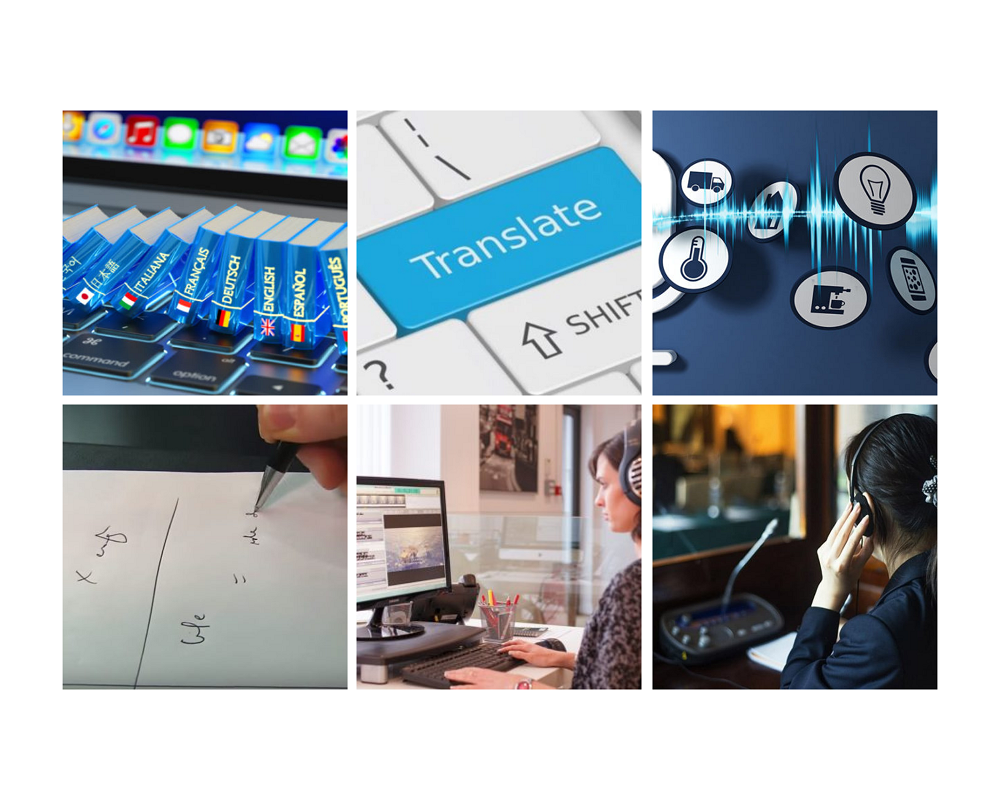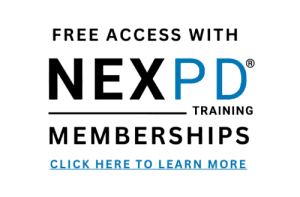

‘Translating and Interpreting Skills’ by Macquarie University
5/5
$210.00 Original price was: $210.00.$149.00Current price is: $149.00.
 NOTE: This course is available until 30 June 2026. Registration and completion must be finalised by this date.
This bundle of courses dives into the skills and techniques needed by Interpreters and Translators in various professional circumstances. Presenters will explore technology, accessibility and fidelity and theories of practice. This collection of on-demand courses is suitable for practitioners regardless of their level of certification, but we highly recommend those practising below the “Certified Translator” or “Certified Interpreter” level consider this bundle as crucial to their growing skillset.
Upgrade your capabilities today by building your language skills and knowledge.
NOTE: This course is available until 30 June 2026. Registration and completion must be finalised by this date.
This bundle of courses dives into the skills and techniques needed by Interpreters and Translators in various professional circumstances. Presenters will explore technology, accessibility and fidelity and theories of practice. This collection of on-demand courses is suitable for practitioners regardless of their level of certification, but we highly recommend those practising below the “Certified Translator” or “Certified Interpreter” level consider this bundle as crucial to their growing skillset.
Upgrade your capabilities today by building your language skills and knowledge.
60 points
PD Certificate
Free with Membership






















